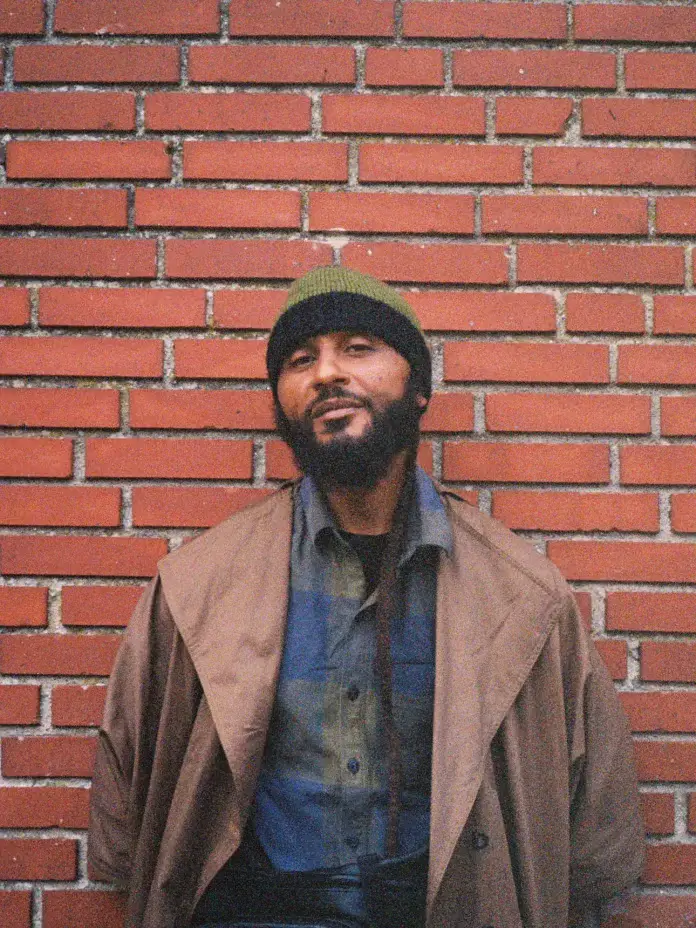Copyright ghanamma

Ghanaian musician Wanlov the Kubolor has described his secondary boarding school experience as traumatic, drawing stark comparisons between the institution and an American prison where he was briefly detained. The artist’s candid revelations have sparked renewed debate about corporal punishment and living conditions in Ghana’s boarding school system. Speaking in an interview with Asieduwaa Akumi on Joy Prime, Wanlov recounted harsh discipline and poor conditions that he said shaped him into “an angry person” during his formative years. He contrasted his upbringing at home with the treatment he received at school, noting a significant shift in his environment. “I was never beaten by my father growing up,” Wanlov stated. “But when I got to school, I saw wickedness. The punishments, the bullying, it made me develop a wicked mind for a while. I even punished juniors at one point, but I realized it wasn’t my happiness.” The “Kokonsa” hitmaker detailed disturbing aspects of his boarding school experience, including substandard food quality. He recalled finding foreign objects in meals, describing instances where students discovered items that should never appear in food served to young people. Wanlov said these conditions contributed to an environment he found more oppressive than his later experience in detention. He revealed that following a speed chase incident, he spent approximately two months in a United States jail facility. Surprisingly, he found those conditions more tolerable than his boarding school years. “When I went to prison in America after a speed chase, I was there for about two months. But compared to boarding school, prison felt easier, we were served cornflakes, milk, and sandwiches,” he said. The artist’s comments have triggered online discussions about traditional boarding school systems in Ghana and their psychological impact on students. While Wanlov acknowledged forming friendships and gaining some valuable lessons during his school years, he criticized the overall approach as fear based rather than growth oriented. He argued that Ghana’s educational institutions perpetuate colonial era practices through their hierarchical structures, punishment methods, and living standards. Wanlov called for fundamental reforms that prioritize student wellbeing over rigid discipline. “Education should enlighten, not traumatize,” he remarked. “The way our schools operate, the punishments, the food, the hierarchy, it’s all colonial. We need a system that teaches love, not survival.” The musician’s critique adds to ongoing conversations about educational reform in Ghana, where corporal punishment remains legal in schools despite international pressure for change. Child rights advocates have long campaigned for alternative disciplinary approaches that protect students’ mental health and dignity. Ghana’s Ministry of Education and the Ghana Education Service have not responded to Wanlov’s specific allegations. The debate over boarding school conditions and disciplinary practices continues as parents, educators, and policymakers weigh tradition against modern child welfare standards.



